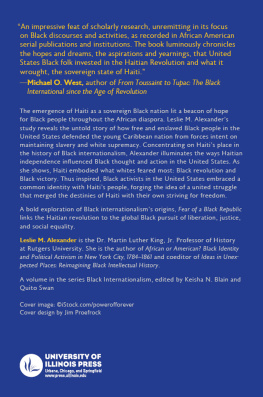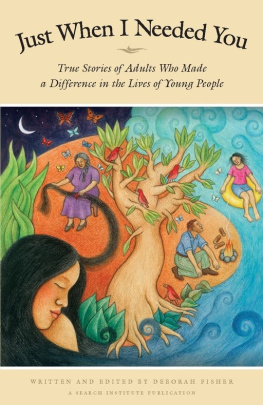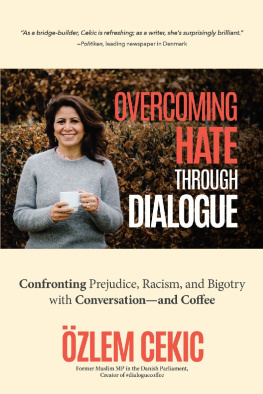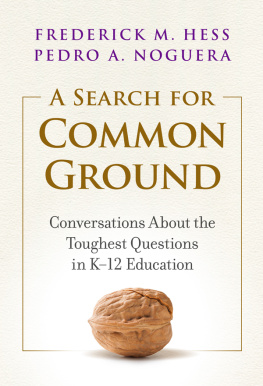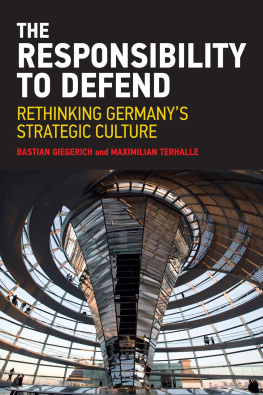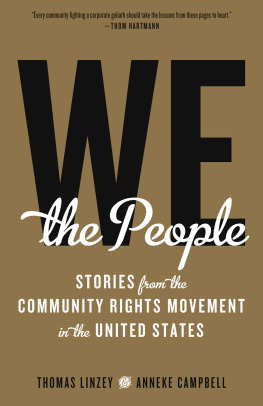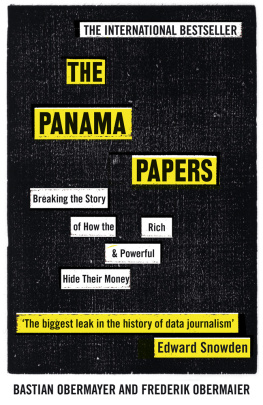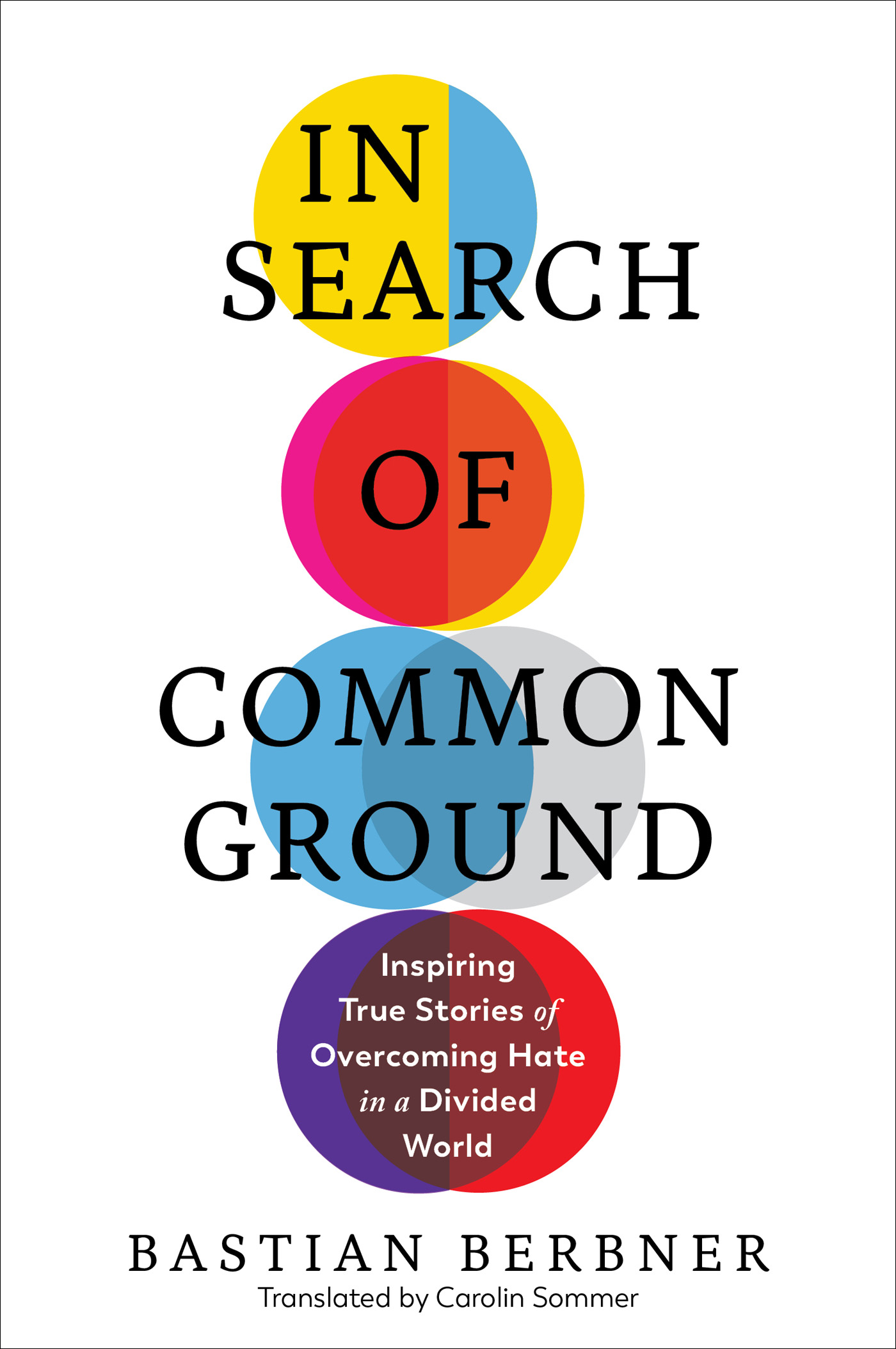Contents
Guide
Page List
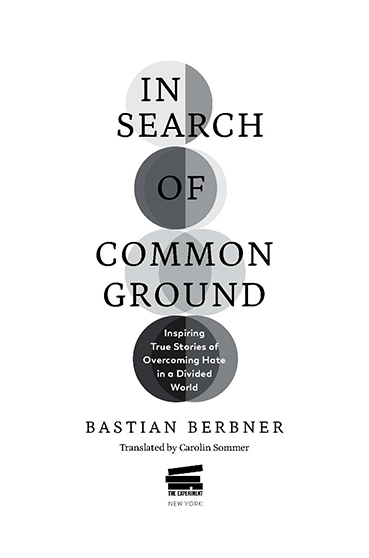
Contents
Preface
Is there nothing we can do? That was the question that inspired this book. In the spring of 2017, I was traveling through pre-election France, a country divided. In the villages of Provence, the people protested against presidential candidate Emmanuel Macron, the internationalist. In Paris and Lyon, the liberal elites warned against the presidential candidate Marine Le Pen, the right-wing extremist. Those on the right acted as if Macron as president signified the end of France; those on the left prophesized fascism under Le Pen. The two camps attacked each other, not like political rivals in a scramble for power but like opponents in a fight for survival.
Across the English Channel, things were no different. British society had been split pretty much right down the middle ever since the Brexit referendum a few months earlier. Fifty-two percent of the voters had chosen to leave the European Union, which the other 48 percent considered a fatal mistake.
In the United States, the situation was even worse: The newly elected president was glorified as the savior of the American people by half the voters, but vilified by the other half as an incompetent, egotistical racist who would bring down democracy, and maybe the whole world.
For the first time, I experienced something akin to political fear. Liberal democracy and the stability of the West had become uncertain. Even a return of fascism seemed possible. Usually, fear decreases the closer we get to its cause. But here, the opposite was true: The closer I got to the crises to report on them, the greater my fear grew. As if in the grip of a virus, Western societies appeared to be splitting in two, one after the other, at an ever-increasing pace. And the process hasnt stopped.
In Italy and the Netherlands, right-wing populists are gaining in popularity. In Austria, they formed part of the government until they were brought down by a scandal involving a secret video recording in 2019. In Hungary and Poland, the populists are using their power to establish authoritarian structures. And in Germany, they first conquered the streets and then, following the migration crisis in 2015 and 2016, in one election after another, the regional parliaments.
This process could be seen as the healthy self-regulation of democracies had it not given rise to a political debate that is carried outon both sideswith decreasing respect and humanity, and with increasing malice and hatred. The moderate, sensible, and thoughtful voices have fallen silent, and the shrill, hating, and radical ones are getting louder. Any gradations are getting lost in either/or and us-against-them arguments. A political war has broken out, and its not just a rhetorical one.
On January 6, 2021, over two thousand right-wing supporters stormed the US Capitol in an attempt to stop the certification of the winner of the presidential election, resulting in five deaths. At a rally in Charlottesville, Virginia, in 2017, a White supremacist rams his car into a group of counter-protesters, killing a woman and injuring nineteen others. In other parts of the country, the offices of the Republican party are being attacked. At a charity event in Gdask, Poland, in 2019, the citys mayor, a supporter of the opposition, is stabbed to death while onstage. In Germany, refugee hostels are going up in flames, as are the cars of extreme-right politicians of the Alternative for Germany party (AfD). In Chemnitz, Nazis are again marching in the streets; in Hamburg, radical left-wing autonomists are rioting. In societies around the world, the rifts are widening.
When I interviewed the former secretary of state Henry Kissinger in New York a few days after the 2016 presidential election, he talked of a possible civil war. I thought he was exaggerating. But with every passing month, the prospect seems more plausible. The people on both sides of the divide seem to have nothing left in commonexcept for maybe one thing: the wish for a solution. Yes, they have very different ideas about what the future of their country should look like, but most would agree that they dont want to see it broken. They want it to continue to exist, in stability and peace. But how?
The answer to that question must come from the politicians. But most of them, no matter which party they belong to, hide behind empty phrases. They talk of building bridges, of integrity, and of taking the fears and concerns of the people seriously. Very well, I always want to say, but what does that mean? When you walk into the office at 9 am and say, Today I will really take the fears and concerns of the people seriously, what is the first thing youll do? The second? The third?
On the evening of September 3, 2017, I and sixteen million other viewers were watching the TV debate between the two main candidates in the upcoming elections for the German chancellorship. Just before 10 pm , Martin Schulz, at the time the leader of the Social Democrats and challenger to Angela Merkel, turned straight to the camera with a look heavy with meaning. The moderator, Maybrit Illner, had just asked him for his closing statement.
Schulz had known that this moment would come, that he, who sought to become chancellor during this major political crisis, would be able to give the people an uninterrupted address and present his solution. Presumably his speech writers and strategists had spent weeks fine-tuning every word that their candidate was about to utter and had practiced every artificial pause and every gesture underlining what was said. Then Schulz started to speak.
We live in a time of turmoil, Schulz said in the tone of a lecture committed to memory but practiced inadequately. And in times of turmoil, the best policy is to make a fresh start, and to have the courage to make a fresh start. The courage to make a fresh start means shaping the future, not managing the past.
I remember thinking, He doesnt know what to do either.
A few months later, Angela Merkelreelected despite having offered nothing more substantial than her opponentstood in front of the Bundestag, the German Federal Parliament, and explained how she was going to bring our divided society back together. She said she was going to adjust the exempt amount of income tax. She promised to introduce payments to help families buy their first home, twelve hundred euros for each child over ten. And she would lower the employment insurance tax. It reminded me of firefighters battling a forest fire with buckets, and I felt the same helplessness again, as if we were condemned to watch while the world around us was going up in flames.
Maybe it was by chance, or maybe it was my terrified subconscious, but I began to notice that in my work I was often meeting people who had overcome this sort of polarization. It may sound sappy, but the stories I encountered made me believe in the good in people. Sometimes I would write about it afterward, but it was only later that I realized that it was always the same mechanism that led to success, that sparked a certain magic.
Each time, enemies, opponents, and adversaries had met with each other. Each time, they had gotten to know each other well, not just superficially. And each time, they had come to think differently about each other, in a kinder, more nuanced, and intelligent way. In several cases, enemies had even become friendssometimes best friends.


